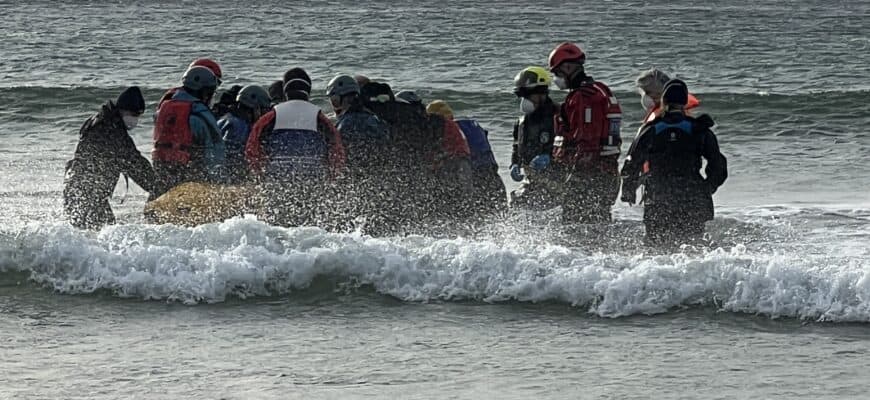
Reciprocity in Nature – Eco Coherence
29th November, 2024
Rapport Magazine Feb 25 Edition…
This short reflection piece is part of the Eco-coherence zone series, my regular column I write for ANLP…
Are your relationships “truly” reciprocal or purely transactional? Reciprocity is something nature innately understands, but it is something that we humans can find it easy to forget.
There is difference between reciprocal encounters and transactional ones – think about it… With both there is an exchange, but reciprocal relationships underpin deeper mutual support and benefit, ongoing or longer-term interaction and connection… and often have a ripple effect in terms of some form of systemic growth or evolution. This is beyond simple “exchange” and often has indirect consequences (good and bad).
Pollinators are a great example… The bees visit multiple flowers for nectar and pollen and in doing so spread the pollen benefitting the flowers and other pollinators. Cross pollination occurs creating diverse and colourful blooms, benefitting the wider web-like ecosystem and providing a richer food source to forage more widely. The benefit to the flower is not obvious, but indirectly there is a longer-term symbiosis at play. The individual flower might not immediately see the benefit, but the meadow will flourish.
With a “hive mind” the bee’s quest is driven by a larger quest for the good of the colony. Not to be confused with altruism, the law of nature is often described as a law of return and most plants, animals and organisms must prioritize their own genetic survival, BUT…. reciprocity and an obligation to give back to their environment to make it a better place for them to live is wired into the DNA of the natural world.
As communication professionals we are pollinators and as such the thoughts and ideas we nurture can spread far and wide – our interactions are more than back and forth. Negligence of reciprocity fosters unbelonging and closes our minds to empathy. Conversely a sense of “interbeing” with groups or places creates a “cheerful responsibility” of sorts for them.
So in summary it would seem that one is about the greater good and the other is about attainment / acquisition. The bee is not expectant of reward it simply goes about its day acknowledging that is it part of a wider ecosystem. The more we can replace expectancy with reciprocity the richer our interactions will be.
UPDATE…
I had a beautiful example of reciprocity in action with RED Paddle and Gill Marine. Read about it HERE
